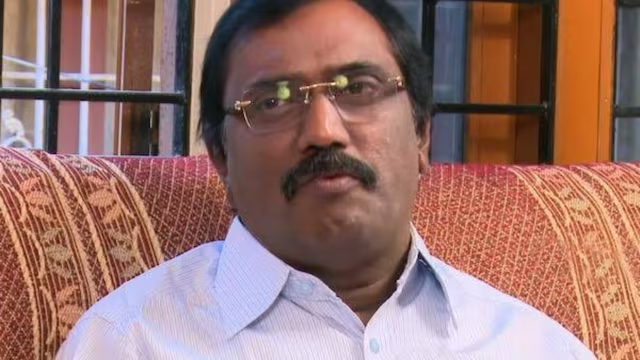Now Reading: JD Vance Sparks Debate After Meme Suggests Deportation Over Suit Criticism
-
01
JD Vance Sparks Debate After Meme Suggests Deportation Over Suit Criticism
JD Vance Sparks Debate After Meme Suggests Deportation Over Suit Criticism

Amid ongoing unrest and protests in parts of the US, Republican Senator JD Vance has found himself at the center of a social media storm — not for policy, but for fashion. A meme shared by the senator, appearing to mock and threaten deportation of a fashion critic who disliked his suits, has triggered sharp online debate about political humor, free speech, and growing tensions in public discourse.
What Happened Online
JD Vance, known for his active presence on social media, shared a meme in response to a fashion critic’s harsh review of his suit choices. The meme jokingly implied deportation as a solution to the criticism — a move that many saw as light-hearted, while others viewed it as insensitive during a period of civil unrest.
The timing of the post — amid riots and heightened tensions — added fuel to the controversy, with critics accusing Vance of being tone-deaf to national concerns.
Public and Political Reactions
Supporters of JD Vance dismissed the backlash, stating it was clearly a meme meant in jest and not an actual threat. However, civil rights advocates and some political commentators raised concerns about the normalization of aggressive rhetoric, especially from elected representatives.
Many online users pointed out that humor, when coming from someone in power, carries added weight — and should be more measured, particularly during sensitive national moments.
Indian Relevance and Social Media Trends
In India, where memes often go viral as a political tool, this incident highlights a global pattern — how public figures increasingly use humor to connect with supporters or silence critics. For Indian audiences, especially youth in Tier 2 cities actively consuming global content, such incidents raise questions about how much responsibility influencers and leaders have when posting online.
The episode also mirrors Indian political meme culture, where satire often walks a fine line between humor and hostility.
Debate Over Free Expression and Accountability
This case has reignited discussions about where the line should be drawn between free speech and public accountability, particularly for politicians. While memes are a staple of internet culture, critics argue that public leaders should lead by example and avoid language — even humorous — that could be misinterpreted or seen as threatening.
Conclusion
JD Vance’s meme may have been meant as a joke, but the reaction it drew reveals how sensitive the current atmosphere is — both in the US and globally. As political figures increasingly engage with audiences through informal platforms like X (formerly Twitter), the responsibility to communicate with care becomes more vital than ever. For audiences in India and beyond, it’s a reminder of the fine balance between humor and respect in public discourse.

























